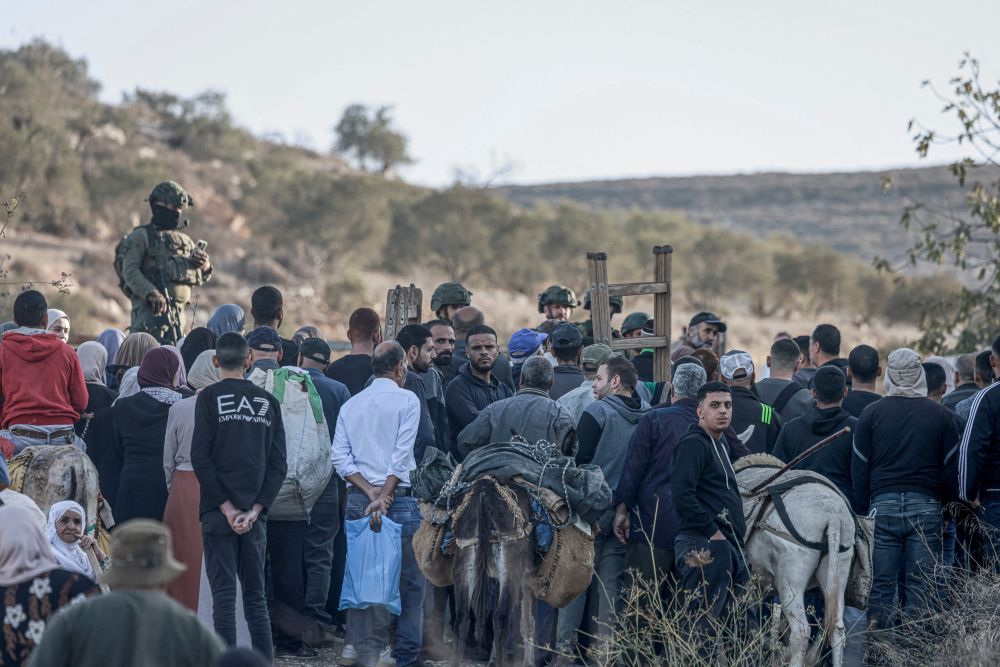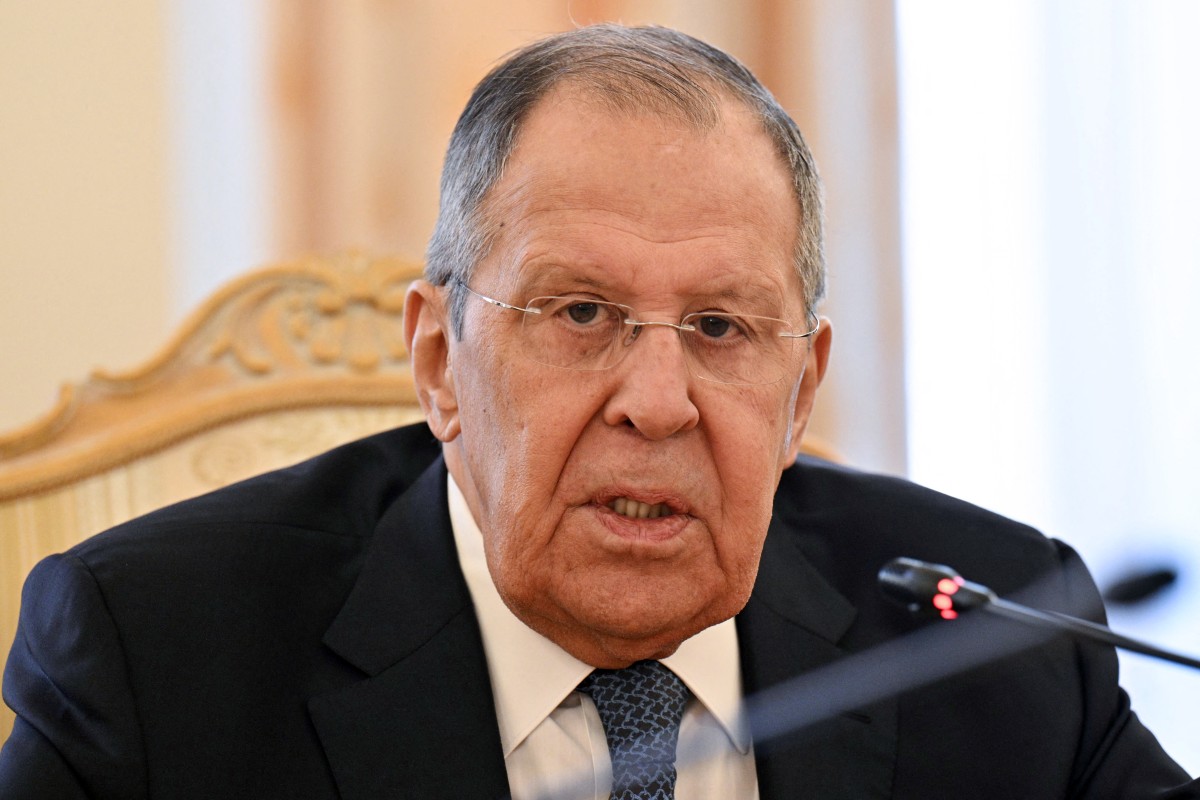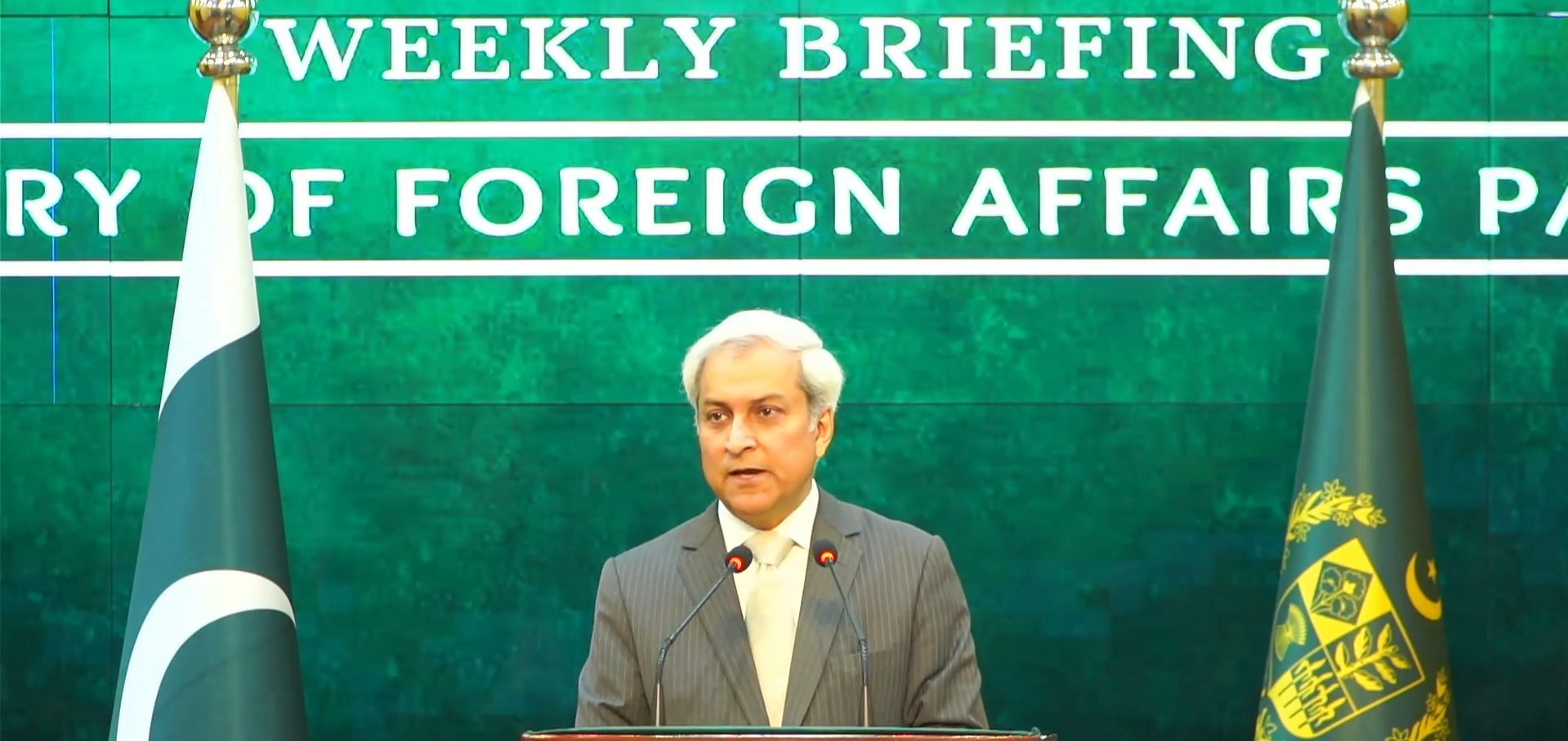ISLAMABAD: Israel has approved a plan to resettle the entire Bnei Menashe community from India, accelerating settlement expansion with nearly 5,800 members of the group to emigrate by 2030, according to Israeli officials and local media outlets.
The proposal, endorsed at a cabinet meeting and submitted by Israeli Prime Minister Benjamin Netanyahu and Minister of Immigration and Absorption Ofir Sofer, sets out a two-phase arrival schedule. By the end of 2026, 1,200 people are expected to arrive, with the remaining 4,600 arriving by 2030, according to the Times of Israel.
Who are the Bnei Menashe?
The Bnei Menashe identify as descendants of the biblical tribe of Manasseh, regarded as one of Israel’s “lost tribes.” For decades, members practiced a form of Judaism mixed with local traditions before seeking formal recognition. Their immigration has taken place in waves, supported largely by private organizations and the state.
Resettlement plan and costs
Under the plan, the first phase will cost approximately 90 million shekels ($2.75 million), covering immigration arrangements, conversion, accommodation in absorption centers, Hebrew language training, and integration into education and employment.
According to the official Israeli press statement, the Jewish Agency will manage and finance pre-immigration preparation and flights, investing additional funds in support of diaspora communities.
Although members of the Bnei Menashe began arriving in the 1990s, Israel formally recognized the group as descendants of a biblical “lost tribe” only in 2005, when the then-Sephardi chief rabbi issued an endorsement, according to the Israeli newspaper Haaretz.
Settlement expansion
The decision comes as Israel continues significant settlement expansion in the occupied West Bank. Earlier this month, the Times of Israel reported that tenders for a record number of housing units were published in 2025.
A joint statement by Katz and Smotrich described the security cabinet’s decision as “a step that will change the face of the area and shape the future of settlement for years to come,” the Times of Israel reported.
“The new settlements are all placed within a long-term strategic vision, whose goal is to strengthen the Israeli hold on the territory, to avoid the establishment of a Palestinian state, and to create the basis for future development of settlement in the coming decades,” Katz’s office said as reported by Times of Israel.
In May, the International Center for Transitional Justice, a non-profit human rights group, reported that Israeli ministers said 22 new Jewish settlements had been approved in the West Bank — the largest expansion in decades.
Some settlements already exist as illegal outposts and will now be legalized under Israeli law, while others are newly planned as stated by Defense Minister Israel Katz and Finance Minister Bezalel Smotrich.
India-Israel ties
This week, PM Netanyahu said Israel and India were strengthening their strategic partnership following a meeting with India’s Commerce and Industry Minister Piyush Goyal in Jerusalem. Netanyahu said in a post on X that both sides were advancing investments, innovation and plans for an economic corridor linking India to Europe through Israel.
The India-Middle East-Europe Economic Corridor, announced during the 2023 G20 Summit in New Delhi, is progressing on schedule, according to its official website. Goyal also met the Israeli president and said Israel’s innovation ecosystem, combined with India’s scale and talent, could serve as a “force multiplier.”
According to India’s Ministry of External Affairs, bilateral trade reached $6.53 billion in FY 2023-24, while investment ties continue to deepen, including India’s $1.18 billion acquisition of a majority stake in Israel's Haifa Port in 2022.






